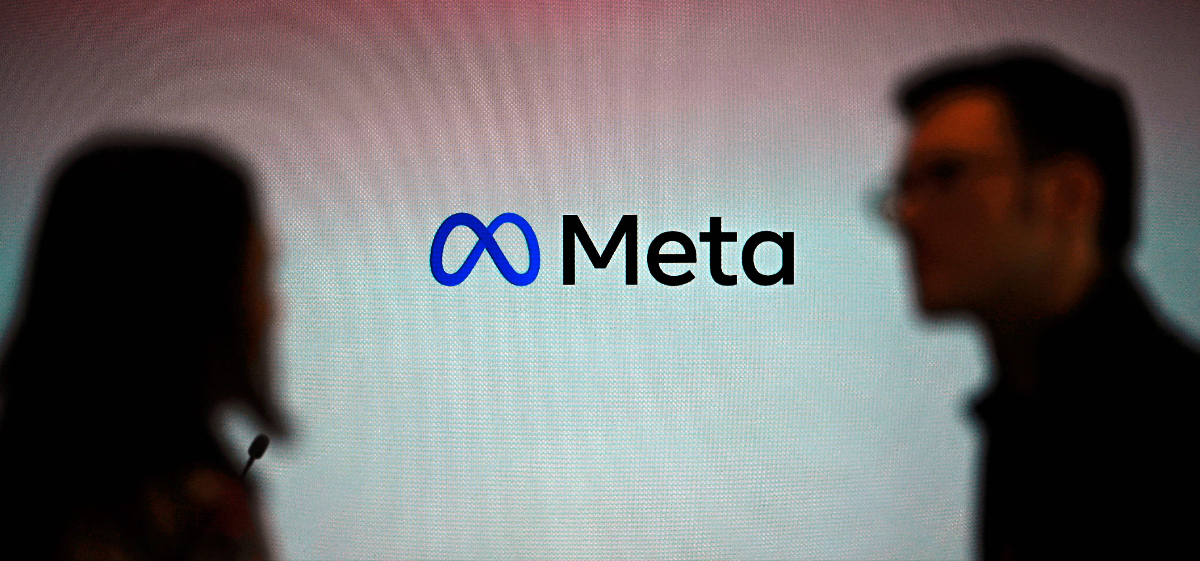In a world dominated by digital communication, the platforms we use must adapt and evolve to meet new legislative requirements and user expectations. Recently, Meta announced a significant update regarding its compliance with the Digital Markets Act (DMA), focusing particularly on its popular messaging applications, WhatsApp and Messenger. With a vision of fostering interoperability, Meta is set to transform the user experience on these platforms over the next few years.
The Digital Markets Act: A Brief Overview
The Digital Markets Act, implemented in the European Union, aims to ensure fair competition in digital spaces, particularly addressing the dominance of major tech companies like Meta. One of the noteworthy provisions of the DMA is the requirement for messaging services to communicate seamlessly with third-party applications. This initiative is designed to promote user choice and reduce the monopolistic grip of a select few platforms.
Upcoming Features in WhatsApp and Messenger
Meta is gearing up to roll out several new features that align with the DMA’s goals. Here’s what users can expect:
- Third-Party Integrations: As early as 2025, WhatsApp and Messenger will start allowing third-party apps to communicate with their users. This breakthrough will enable users to engage with various messaging services within the familiar interface of WhatsApp and Messenger.
- Notification System: Users will receive notifications regarding these third-party integrations, keeping them informed when new messaging apps become compatible. This feature aims to ensure a smooth transition into a more interconnected messaging ecosystem.
- User Onboarding Experience: Meta plans to roll out an onboarding flow to educate users about interacting with third-party messaging services. This will include options to create designated folders for third-party chats or combine them into a unified inbox.
- Group Functionality: By 2025, group messaging capabilities will extend to third-party apps, allowing users to communicate more effectively with multiple contacts at once.
- Voice and Video Calling: In 2027, WhatsApp and Messenger will introduce voice and video calling capabilities for users connecting through third-party services, enhancing real-time interaction.
- Rich Messaging Features: Future updates will include rich messaging functionalities such as reactions, direct replies, typing indicators, and read receipts for third-party chats.
Challenges Ahead
While the prospect of interoperability is exciting, it’s important to recognize potential challenges. Major players in the messaging industry, such as Viber and Telegram, have yet to confirm their support for these interoperability features. Furthermore, with WhatsApp’s commitment to end-to-end encryption, technical hurdles may arise when integrating with other platforms. Meta’s requirement for third-party companies to sign agreements to use their systems adds an additional layer of complexity.
Collaborating with Third-Party Services
Meta has expressed a dedication to working hand-in-hand with third-party messaging providers to ensure a secure and user-friendly experience. The company’s commitment underscores the importance of collaboration in reinforcing public trust and delivering value in a competitive digital market. For example, the Matrix protocol aims to explore experimental collaborations with WhatsApp while maintaining strict encryption protocols, showcasing the potential for innovative partnerships.
Looking Ahead: A Bold New Future
As Meta embarks on this journey to enhance WhatsApp and Messenger, the focus remains on user empowerment and enriched communication experiences. By embracing the Digital Markets Act’s principles, Meta is positioning itself to lead the charge in a more interconnected digital landscape.
At fxis.ai, we believe that such advancements are crucial for the future of AI, as they enable more comprehensive and effective solutions. Our team is continually exploring new methodologies to push the envelope in artificial intelligence, ensuring that our clients benefit from the latest technological innovations.
Conclusion
In light of the upcoming changes, users will have much to look forward to as WhatsApp and Messenger evolve to accommodate a new era of interoperability. As we watch these transformations unfold, it remains vital to engage with technology that prioritizes user experience and fosters open communication across platforms.
For more insights, updates, or to collaborate on AI development projects, stay connected with fxis.ai.

